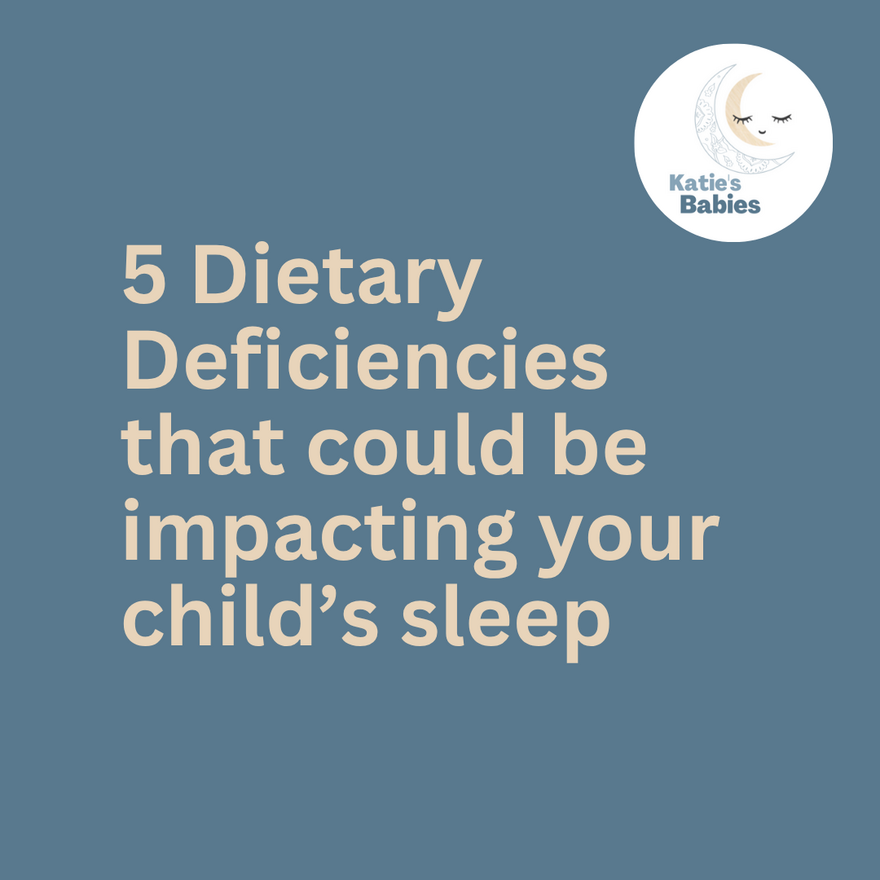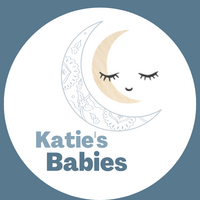
Could Your Child’s Bedtime Battles Be Linked to Nutritional Deficiencies?
Magnesium
Magnesium supports muscle relaxation and nervous system regulation. Inadequate levels are associated with difficulty falling asleep, staying asleep, and achieving deep, restful sleep.
Vitamin B6
This B-vitamin helps convert tryptophan into serotonin and melatonin, two hormones essential for regulating sleep and mood. A deficiency may contribute to sleep disruptions and difficulty winding down at night.
Vitamin B12
Best known for supporting energy and neurological function, vitamin B12 also contributes to restful sleep. Low levels can be linked with insomnia, frequent waking, and general sleep fragmentation.
Iron
Iron deficiency, particularly if it progresses to anaemia, can lead to restless leg syndrome. This condition is marked by uncomfortable sensations in the legs and an irresistible urge to move them. It can delay sleep onset and interrupt overnight sleep cycles.
Vitamin D
More than just the "sunshine vitamin," vitamin D plays a role in regulating the body’s internal clock. Insufficient levels may disrupt circadian rhythms and contribute to fragmented or poorly timed sleep.
Of course, nutritional balance is important for far more than just sleep. Growth, learning, immunity, digestion, dental health, and even emotional regulation can all be affected by dietary insufficiencies.
If you are concerned about your child’s nutrient intake or suspect a deficiency might be contributing to sleep difficulties, consider speaking with your GP or a qualified paediatric naturopath who can offer tailored assessment and support.
And if sleep remains a challenge despite addressing nutritional factors, it may be time to look more broadly at your child’s rhythms, emotional needs, and sleep environment. I would be happy to help you make sense of it all and find a gentle, developmentally appropriate path forward.
Sources:
Dror, D. K., & Allen, L. H. (2018). Overview of nutrients in human milk
Gómez-Pinilla, F. (2008). Brain foods: the effects of nutrients on brain function
Hornyak, M., et al. (1998). Magnesium therapy and restless legs syndrome
Jáuregui-Lobera, I. (2014). Iron deficiency and cognitive function
Katie Cortés
Registered Midwife & Certified Holistic Sleep Coach
Katie's Babies – Coaxing a love of sleep through attachment, trust, respect and fun.
For enquiries, email: info@katiesbabies.com.au or for more details on seeking attachment-focused sleep support, please visit www.katiesbabies.com.au
